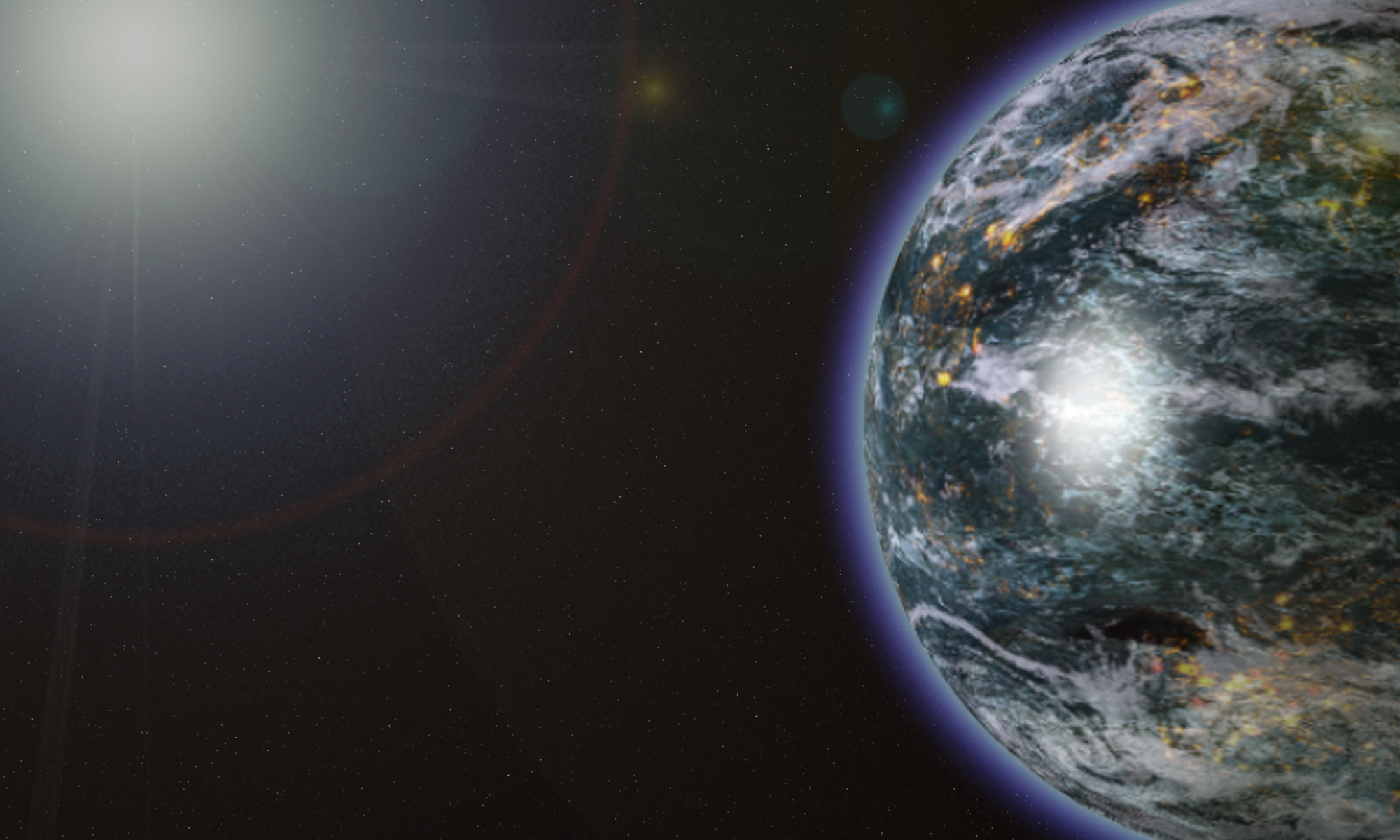
February 7th -14th is a week dedicated to rising awareness for Congenital Heart Defects. Congenital means present at birth and heart defects are the most common type of birth defect. CHD affects about 1 in every 100 children and many of these kids don’t even know they have one. I didn’t know much about heart defects until my nephew was diagnosed with the single worst kind.
A routine ultrasound revealed an anomaly and a fetal echocardiogram showed my unborn nephew had Hypoplastic Left Heart Syndrome. The left side of his heart stopped developing about 30 days after conception. The cause is unknown and the cure doesn’t yet exist. The treatment consists of 3 palliative open heart surgeries with no guarantee of success.
 At least in the case of Toby, it was caught with plenty of time to prepare (as much as anyone can prepare for this kind of diagnosis). I’ve heard stories of babies dying unexpectedly in their mother’s arms only days after being born; stories of infants rushed to hospitals, mothers insisting something is wrong and doctors dismissing them only to find out, sometimes too late, there is something seriously wrong. You’ve no doubt heard of high school students dropping on a football field or soccer pitch in sudden cardiac arrest, often the result of an undiagnosed heart defect. With odds like 1 in 100, chances are you or someone you know has a heart defect.
At least in the case of Toby, it was caught with plenty of time to prepare (as much as anyone can prepare for this kind of diagnosis). I’ve heard stories of babies dying unexpectedly in their mother’s arms only days after being born; stories of infants rushed to hospitals, mothers insisting something is wrong and doctors dismissing them only to find out, sometimes too late, there is something seriously wrong. You’ve no doubt heard of high school students dropping on a football field or soccer pitch in sudden cardiac arrest, often the result of an undiagnosed heart defect. With odds like 1 in 100, chances are you or someone you know has a heart defect.
For as much trouble and as prevalent as they are, CHD doesn’t get the kind of funding for research other medical issues like cancer receive. Nearly twice as many children die from heart defects as cancer yet cancer receives five times more funding for research. In fact, CHD is the leading cause of infant deaths in the United States. About 25% of children born with a CHD will need some kind of surgery or intervention to survive. With the uncertainty of programs like CHIP, defunding of Medicare and Medicaid, treatment for these children only becomes more difficult. Imagine hearing there’s something devastatingly wrong with your unborn child and also hearing it will cost hundreds of thousands of dollars to ultimately save them. I certainly don’t have that kind of money lying around but I’m also not about to put a price tag on a life that’s just begun.
Toby isn’t the only one in my family with a heart defect. His older brother also has a CHD. Though Jackson’s is far less severe and at present only requires monitoring, the uncertainty remains. There may come a day when he will require intervention to ensure his survival.
 People give money, time, and resources to causes they know and care about. As an auntie to two little boys with broken hearts, CHD is something I care very much about and only through raising awareness can we hope to eventually find a cure for kids like Jackson and Toby.
People give money, time, and resources to causes they know and care about. As an auntie to two little boys with broken hearts, CHD is something I care very much about and only through raising awareness can we hope to eventually find a cure for kids like Jackson and Toby.
End Transmission
